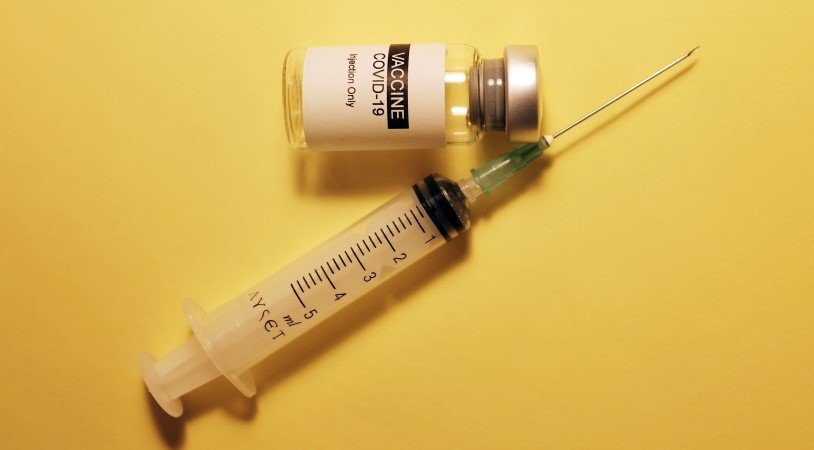
Corona vaccines seem less able to cope with the Omicron variant of the virus than against previous variants. This is apparent from small-scale international studies from Sweden and South Africa. The protection against the variant could be improved by using boosters.
Such research results are eagerly awaited as governments and financial markets attempt to estimate the magnitude of Omicron’s impact. The first studies do not yet provide a definitive answer, but they paint a bleak picture in some cases.
Virologist Sandra Ciesek of the University Medical Center in Frankfurt concluded that the immune response of people who had had three doses of BioNTech/Pfizer was up to 37 times weaker than with the Delta variant of the coronavirus. Her study has not yet been published. Ciesek emphasized that it is still unclear whether Omicron leads to a more serious disease course.
A separate study from the Karolinska Institute in Stockholm was less negative. Researchers concluded that the immune response to an Omicron infection was only slightly weaker than to Delta. Nevertheless, this highly contagious variant is currently the dominant form of coronavirus globally.
Researchers in South Africa concluded that two doses of BioNTech/Pfizer protect much less against Omicron than against the variant circulating at the start of the pandemic. Alex Sigal, head of the Africa Health Research Institute in Durban, called the loss of protection “significant, but not complete”.
Sigal emphasized that a “good booster probably reduces the chance of you getting infected.” This would also reduce the risk of a serious disease course.
